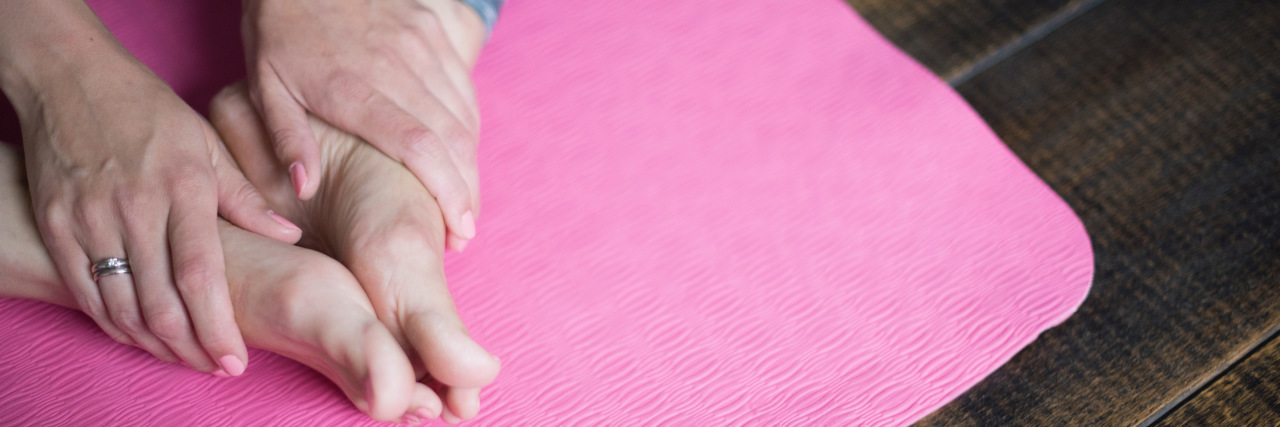Being seriously ill can turn your life upside down. More than anything, you just want to get better and return to your normal life. But what if that’s not possible? What if you have residual symptoms or a disease that has no cure?
“Recovery” refers to the process of returning to your former state of health after sickness, injury, addiction or emotional difficulties. When people talk about recovering from illness, they usually mean being fully healed and resuming normal activities.
We all know that regaining your health isn’t always possible. Some of us have chronic health problems that cannot be cured, no matter how hard we try. Others keep experiencing residual symptoms, like lasting fatigue after cancer. Some may also experience emotional and cognitive changes, ranging from memory problems to increased irritability. Not to mention, there are a great number of people who feel like a changed person after such a major life event, with a different outlook on life, on who they are and what matters most to them.
For this large group of people, the conventional definition of recovery is too limiting. It implies a fixed, final destination at the end of the road – one that many of us may never reach.
What if we stop thinking of recovery as an all-or-nothing deal but rather see it along a spectrum of health with many different shades and stages? Just like health is more than the absence of disease, recovery embodies more variations and dimensions than simply getting better.
So, what should be the new definition of recovery then? Basically, anything you want it to be. It can be any physical, mental or emotional improvement, a better quality of life, or being able to do something that you couldn’t do before. Here are a few alternative examples to come up with your own meaningful definition of recovery:
- Going back to school or work part-time. Finishing your degree through distance learning or finding alternative ways to add meaning and purpose to your days, like volunteering or blogging.
- Becoming more independent. It can be incredibly rewarding to be able to look after yourself and tend to your basic needs again. From cooking healthy meals to living on your own, doing things yourself can be a huge step up from your current situation.
- Doing things you enjoy instead of spending all your energy on getting through the day. Picking up your favorite hobby or regularly having fun with friends counts just as much as “recovery” as reaching fitness milestones does.
- Increasing your mobility, in whatever way you can. Being able to walk or wheel to the shops, learning how to drive or re-learning how to ride a bike. Finding new ways to make your world a little bigger.
- Getting out of the house more often, even if that requires aids or assistance.
- Making your dreams come true despite your health problems. Going on the trip of a lifetime, dancing at your own wedding or publishing a series of short stories.
This new version of recovery puts more emphasis on the long and complex process with all of its tiny achievements and setbacks than it does on the end result of being healed. Instead of being upset that you are not where you would ultimately like to be, the renewed definition focuses on celebrating the small wins on your way.
How do you want to define recovery?
Jennifer Mulder is a Dutch psychologist giving in-depth advice on a healthy lifestyle and coping with chronic illness at The Health Sessions. Her eBook ‘How to Create Your Own Action Plan for Recovery’ is a step-by-step guide on rebuilding your health after illness or injury.
Photo via contributor.

